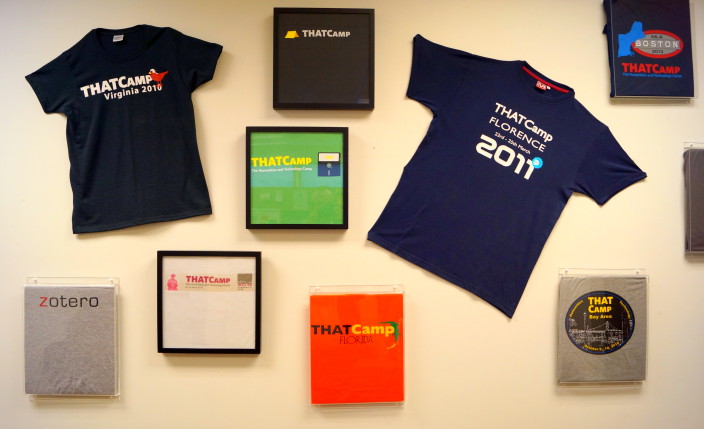“Digital historical culture” is part of the wider “digital culture” permeating our society through the Internet. The sociological concept of digital culture was developed by Manuel Castells[2] and Willard McCarty[3]. In Italy, Tito Orlandi theorized the emergence of a new Koine based on his further development of scientific and methodological concepts of humanities computing as web-based communication processes.[4] By contrast, the digital humanities provide methodologies and practices that, analogous to the sciences, are suitable for the humanities.[5] These practices and concepts are elaborated within the various disciplines.[6] Thus, after the digital turn, digital historians are confronted with new epistemological issues when analysing the past.[7] They plan exhibitions with memory institutions (libraries, archives, museums, and galleries) dedicated to presenting artefacts and documents ; they collect, preserve, and curate digitised and born digital documents for these institutions;[8] they create new tools and software to support their activities; they also use social media; following the digital turn, moreover, they are not confined to analysing written materials, but also strive to devise new forms of text-mining for processing large amounts of data between “close and distant reading” activities .[9] Digitally connected historians do not perform their profession beyond the discipline: rather, they apply their methods, traditions, and skills to deal with primary sources in different contexts and to reconstruct the past using new types of narratives.[10] Technology facilitates what is still a recognizable history profession, although digital humanities technology is part of a new historian’s craft. Historians, that is, are involved deeply in technological transformations that affect the humanities as a whole.
